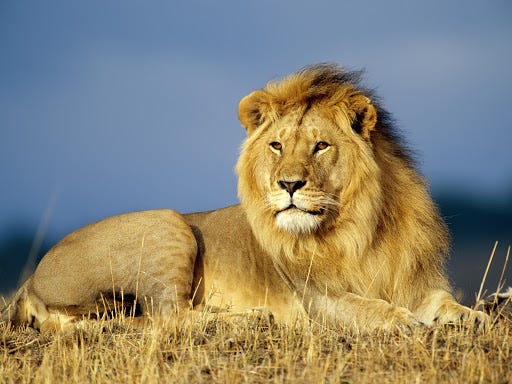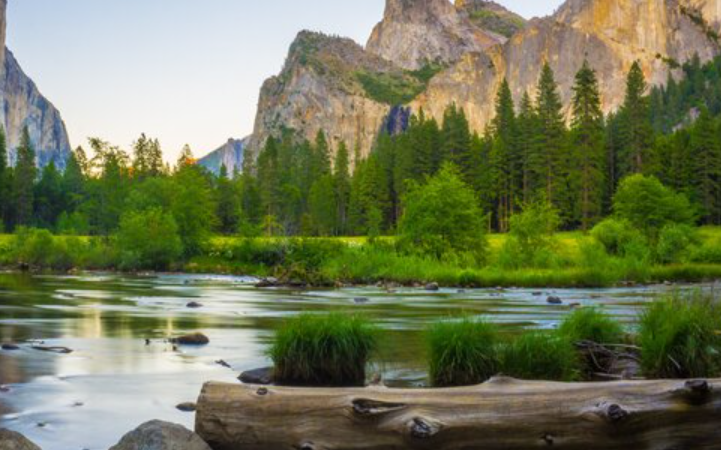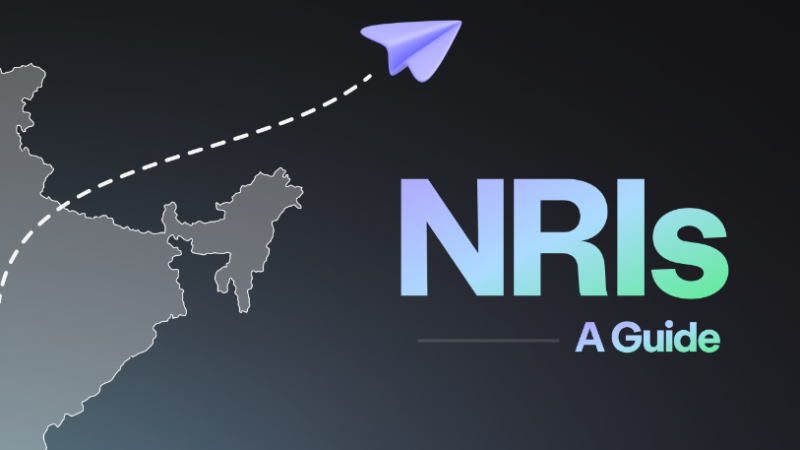The Controversial Intersection of Trophy Hunting and Natural Justice: A Shocking Encounter with Nature

In the realm of wildlife conservation and ethical debates, trophy hunting has long been a contentious issue, stirring emotions and opinions worldwide. However, the narrative takes a gruesome and unexpected turn in the shocking incident of a trophy hunter being eaten alive by the very creature he sought to conquer. This unnerving encounter raises questions about the ethical implications of trophy hunting and the delicate balance between humanity and the wild.
The Incident:
In a remote corner of the African savannah, renowned for its diverse wildlife, an affluent trophy hunter embarked on a safari expedition. Armed with high-powered weapons and fueled by the desire to claim a prized trophy, the hunter set out with guides to track down a majestic and powerful creature—a male lion.
As the hunting party closed in on their target, the tables turned dramatically. In an ironic twist of fate, the lion, sensing the impending threat, launched a ferocious counterattack. The hunter, armed with a false sense of invincibility, found himself in a life-or-death struggle with the very creature he intended to conquer.
The Moral Dilemma:
This startling incident reignites the ongoing debate surrounding trophy hunting, a practice often defended by proponents as a means of wildlife conservation and economic support for local communities. However, critics argue that trophy hunting poses a grave threat to endangered species and disrupts delicate ecosystems.
The incident of the trophy hunter being eaten alive adds a layer of complexity to this ethical quagmire. Does such a gruesome fate befalling an individual engaged in trophy hunting serve as a cautionary tale, prompting society to reevaluate the ethics of pursuing trophies for personal gain?
Repercussions and Public Reaction:
News of the trophy hunter’s grim demise spread like wildfire across global media, eliciting a wide range of reactions. While some expressed shock and sympathy for the victim’s family, others saw this incident as a form of natural justice—nature reclaiming its own in the face of human exploitation.
Environmental activists seized the opportunity to highlight the broader issues associated with trophy hunting. Social media platforms buzzed with debates, memes, and commentary, reigniting calls for stricter regulations and an outright ban on trophy hunting.
Conservation Impact:
The incident also raises questions about the impact of trophy hunting on the conservation of wildlife. Advocates argue that regulated hunting can contribute to conservation efforts by providing funds for habitat protection and anti-poaching initiatives. However, opponents contend that the potential benefits are outweighed by the negative consequences, such as disrupting animal populations and encouraging illegal hunting practices.
In the aftermath of the incident, conservation organizations faced increased scrutiny, with demands for transparency regarding the funds generated by trophy hunting permits. The focus shifted to exploring alternative means of supporting conservation efforts that do not involve the killing of endangered species.
The Hunter’s Perspective:
To understand the broader context of trophy hunting, it is essential to explore the mindset of those who engage in this controversial activity. Trophy hunters often justify their pursuits as a means of connecting with nature, experiencing the thrill of the hunt, and contributing to local economies.
The incident of a trophy hunter being eaten alive forces us to question whether the pursuit of such thrills is worth the potential consequences. It challenges individuals to reconsider their roles in the delicate balance between humans and the natural world, urging a more ethical and sustainable approach to wildlife interaction.
Legal and Ethical Implications:
The incident has sparked renewed interest in the legal and ethical dimensions of trophy hunting. While some countries have implemented strict regulations to control hunting practices, others continue to allow trophy hunting under the guise of conservation and economic benefits.
International pressure to ban trophy hunting has intensified, with advocates calling for a united front against a practice they deem ethically reprehensible. The incident serves as a catalyst for governments and international bodies to reevaluate their stance on trophy hunting and implement more stringent measures to protect endangered species.
Conclusion:
The shocking incident of a trophy hunter being eaten alive by the very lion he sought to conquer has sent shockwaves through the global community. It serves as a chilling reminder of the ethical dilemmas surrounding trophy hunting and prompts a reevaluation of the delicate balance between humanity and the wild.
As society grapples with the aftermath of this gruesome encounter, it is imperative to engage in open and constructive dialogues about the ethical implications of trophy hunting. The incident challenges us to reconsider our relationship with the natural world, urging a shift toward more sustainable and compassionate practices that preserve the beauty and diversity of our planet for future generations.
-
What exactly happened in the incident of the trophy hunter being eaten alive?
In a remote part of the African savannah, a trophy hunter was on a safari expedition to hunt a male lion. However, the hunter’s plans took a horrific turn when the lion, sensing the threat, launched a counterattack, resulting in a life-or-death struggle. The hunter ultimately met a gruesome fate, being eaten alive by the very creature he sought to conquer.
-
What is trophy hunting?
Trophy hunting is the practice of hunting wild animals, typically large and impressive species, for sport. The hunter often seeks to obtain a trophy, such as a skull, skin, or other body parts, as a symbol of their conquest. This activity has long been a source of ethical debate and controversy.
-
What are the ethical implications of trophy hunting?
The ethical implications of trophy hunting are multifaceted. Supporters argue that regulated hunting can contribute to wildlife conservation efforts and provide economic benefits for local communities. Critics, however, contend that trophy hunting poses a threat to endangered species, disrupts ecosystems, and raises ethical concerns about killing animals for personal gain.
-
How has the public reacted to the incident?
The public reaction to the incident has been diverse. While some expressed shock and sympathy for the victim’s family, others saw it as a form of natural justice. The incident has reignited debates on the ethics of trophy hunting, leading to increased scrutiny of the practice and calls for stricter regulations.
-
What impact does trophy hunting have on conservation?
Proponents argue that regulated trophy hunting can generate funds for conservation efforts, including habitat protection and anti-poaching initiatives. However, opponents believe that the negative consequences, such as disruption of animal populations and encouragement of illegal hunting, outweigh the potential benefits.
-
How are conservation organizations responding to the incident?
In the aftermath of the incident, conservation organizations faced increased scrutiny, with demands for transparency regarding funds generated by trophy hunting permits. There is a renewed focus on exploring alternative means of supporting conservation efforts that do not involve killing endangered species.
-
What legal measures are in place regarding trophy hunting?
Legal measures regarding trophy hunting vary from country to country. Some nations have implemented strict regulations to control hunting practices, while others continue to allow trophy hunting under the pretext of conservation and economic benefits. The incident has prompted calls for governments and international bodies to reevaluate and strengthen regulations.
-
How does the incident impact the broader discussion on wildlife conservation?
The incident has sparked renewed interest in the broader discussion on wildlife conservation. It serves as a catalyst for a reevaluation of the delicate balance between humans and the natural world, urging a shift toward more ethical and sustainable practices that preserve biodiversity and protect endangered species.
-
What lessons can be learned from this incident?
The incident highlights the unpredictable and potentially dangerous nature of interactions between humans and wild animals. It underscores the need for individuals, governments, and conservation organizations to carefully consider the ethical implications of their actions and to prioritize the well-being and preservation of wildlife.
-
Does this incident change the perception of trophy hunting?
The incident has certainly influenced public perception, with many using it as a stark example of the potential consequences of engaging in trophy hunting. It has prompted individuals and organizations to reevaluate the ethics of pursuing trophies for personal gain and has contributed to ongoing discussions about the future of trophy hunting.






